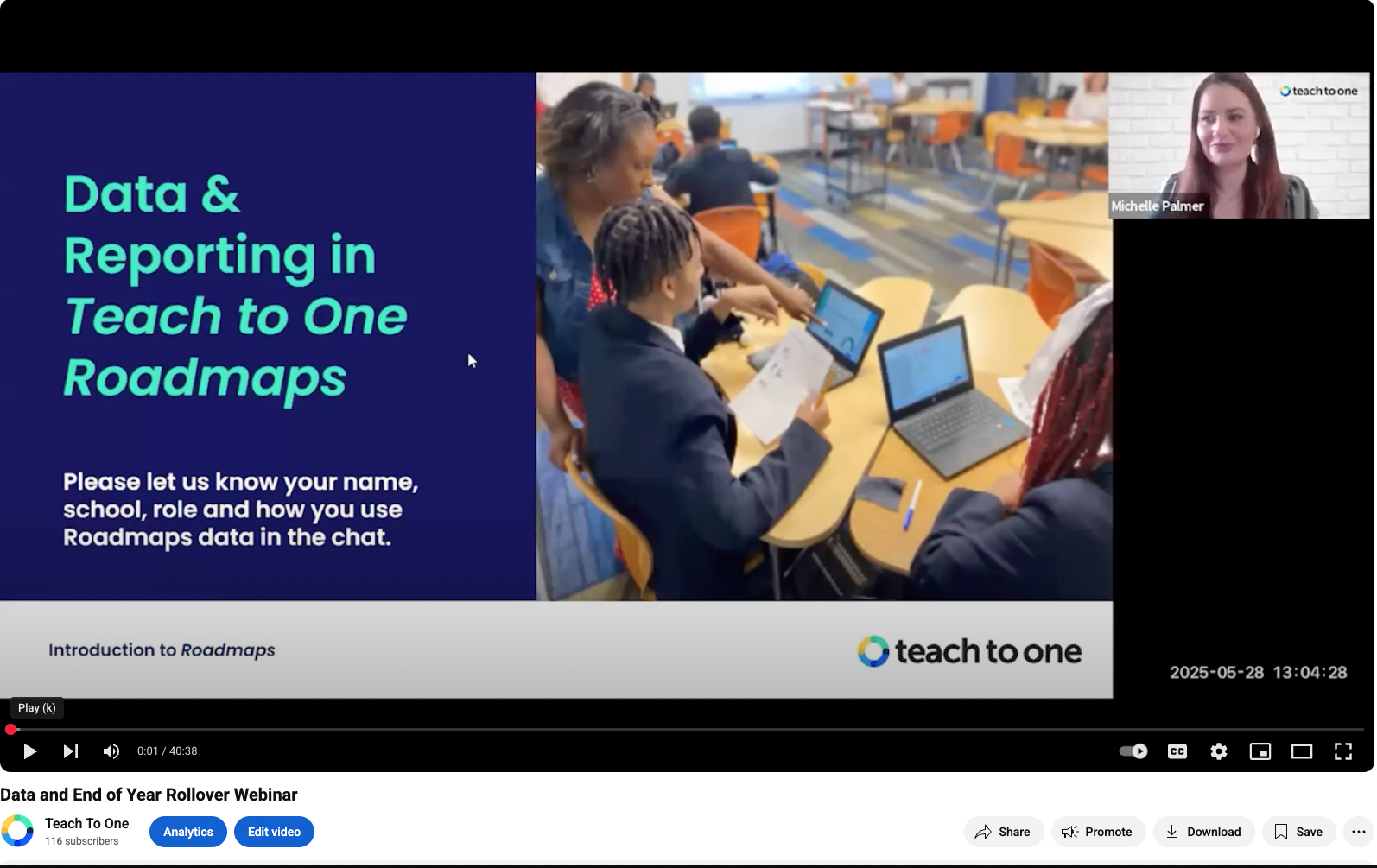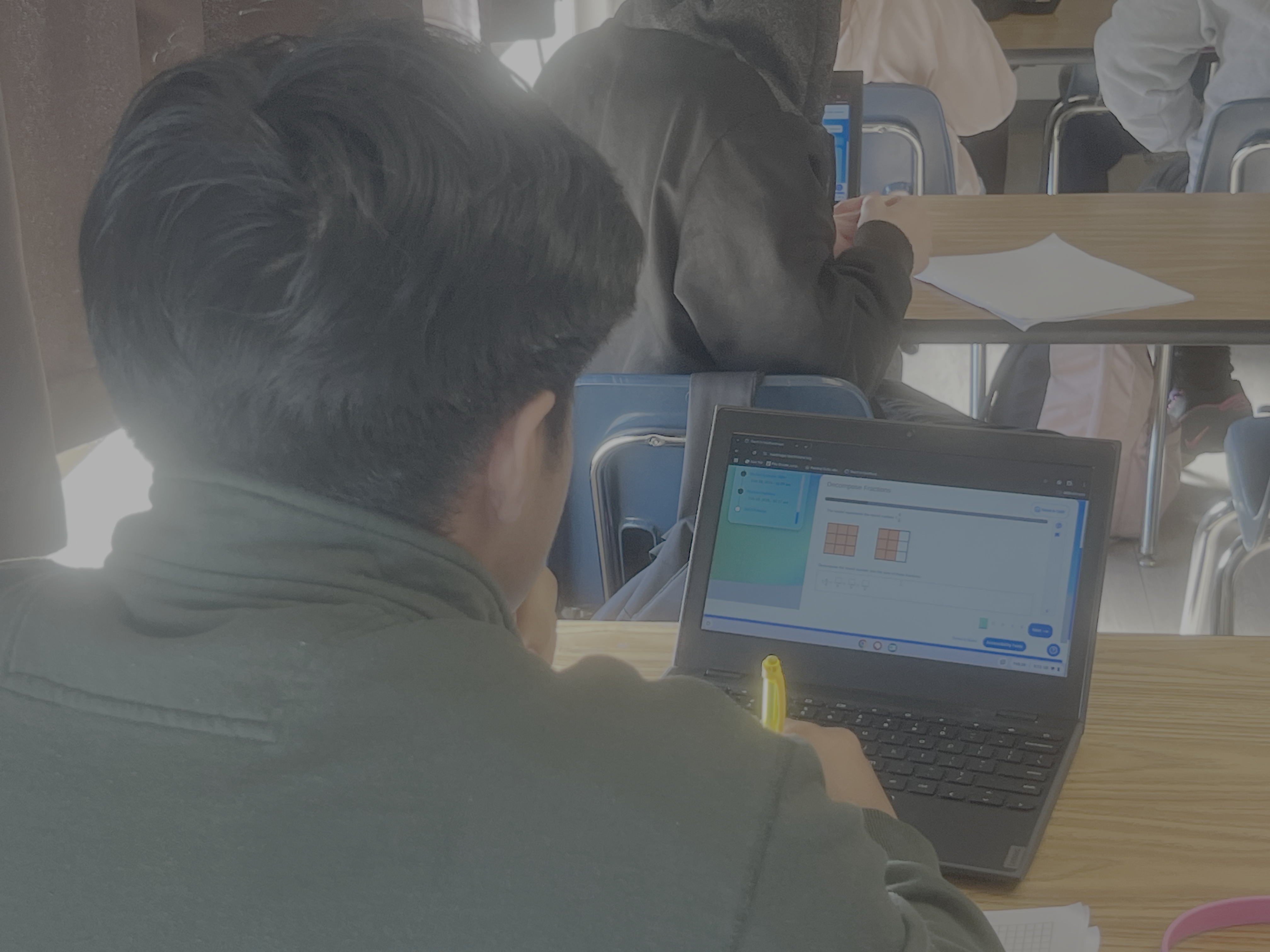April is Financial Literacy Month
April 18, 2023
By Teach to One

Developing financial literacy is crucial for individuals, and math students have a distinct advantage in acquiring this skill. This is because many of the math concepts taught in their classes are applicable to personal finance.
Here are some financial literacy topics students may find particularly relevant and helpful:
Budgeting: Students can apply their skills in calculating and analyzing numbers to create a personal budget. This includes understanding income, expenses, and savings, and making informed decisions about spending.
Saving and investing: Older students can use their analytical skills to evaluate different savings and investment options, including understanding compound interest, calculating returns, and comparing different investment vehicles.
Debt management: Understanding debt, interest rates, and repayment plans is crucial for financial success. High school students can apply their skills to calculate loan payments, compare interest rates, and create a plan to pay off debt. This is particularly beneficial for those looking to attend college.
Taxation: Understanding the basics of taxation is important for financial literacy. Students can learn about tax brackets, deductions, and credits, and how to calculate their own tax liability.
Risk management: Students can use their analytical skills to evaluate and manage risk, including understanding insurance options and analyzing investment risk.
If you have high school students, Everfi has a free financial literacy program they can enroll in, available here.
Developing financial literacy is an important skill for anyone, and math students are well-positioned to excel in this area. By using their skills to understand personal finance concepts, they can make informed decisions that will set them on a path to financial success.
Latest Posts

Recording: Data and End of Year Rollover Webinar
In this 45-minute webinar recording, Michelle Palmer, Senior Director of Customer Success, and Liat Greenspan, Associate Director of Program Success, explain how to assign a skill or pathway, use the Teacher Dashboard to identify struggling students, leverage the Reports Hub for weekly planning, and monitor growth and engagement on the Progress Page.

Getting Students Engaged in Math at Valley Charter
Students arrive at their assigned seats equipped with laptops and individualized Teach to One Roadmaps packets, which include a work time poster, a note-taking sheet, and graph paper.

Webinar Recording: Unlocking Algebra
On Tuesday, May 13, TNTP and New Classrooms released the report: Unlocking Algebra – What the Data Tells Us About Helping Students Catch Up. On the same day Adam Meier, Partner, Research Center of Excellence, TNTP, and Joel Rose, Co-founder and Chief Executive Officer, New Classrooms, presented the findings, recorded in the webinar below. Looking […]